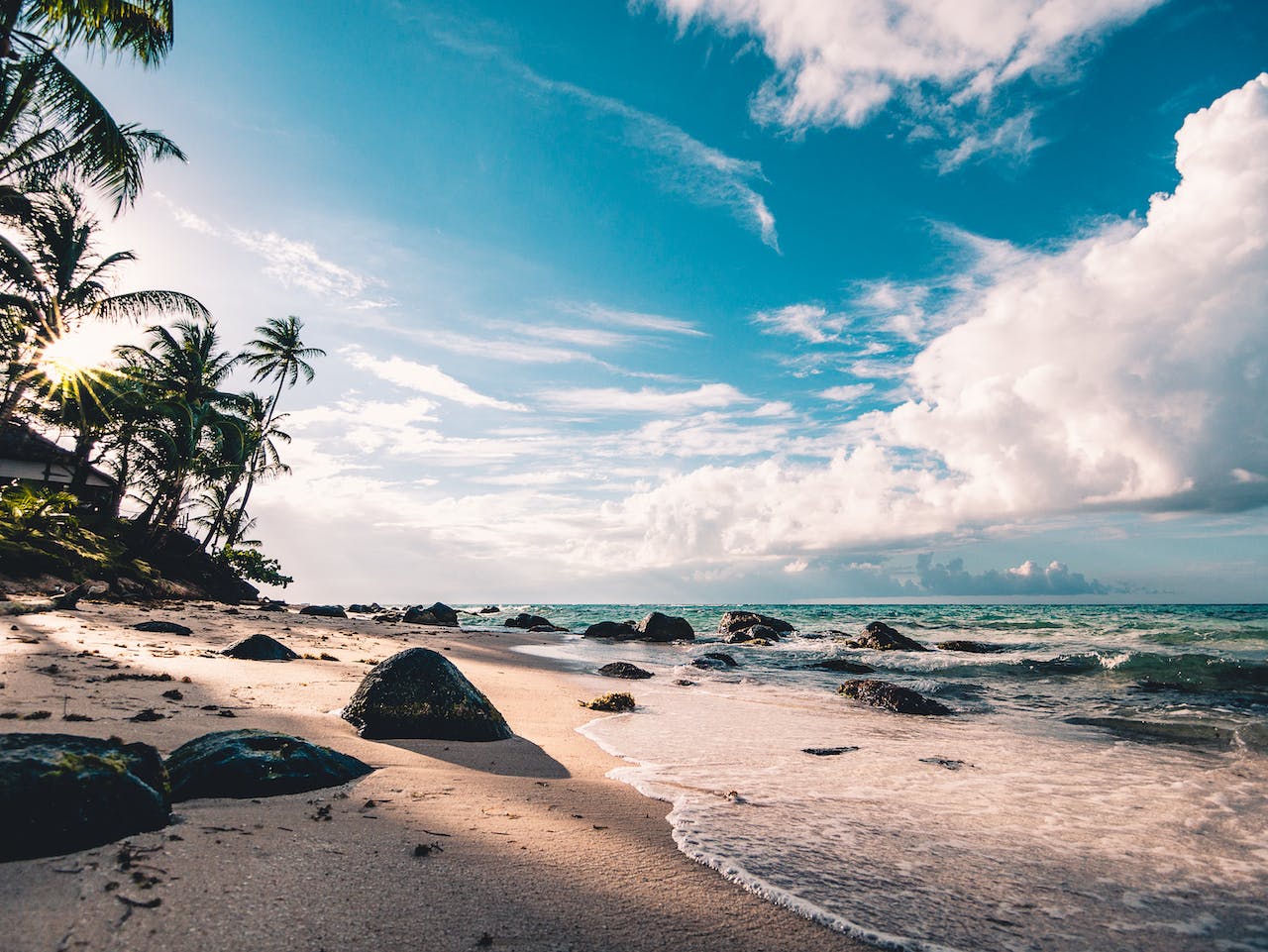Find Land in a Sea of Thought

We are humans, equipped with a brain that continuously gather and process information about the world around us, our environment, basically everything that surround us.
Today, we get waves of information thrown at us to get our attention. These waves of information can hinder our brain and thought process.
It is like starting a new job in a highly, sometimes overly, complex ecosystem or environment. It is not always a gentle slope into a new domain. It can sometimes take the form of huge waves at high tides, throwing you back to the shore as quickly as you came in.
I refer to this challenge as waves of information that create a sea of thought.
The Sea of Thought
The sea can be quiet, but many know that weather conditions, winds and waves, can vary. A true sailor knows that these can take you from one point to another, that they can force one into a specific direction and not always the right one.
Here, I am using the sea as a metaphor for what happens in our brain, when ideating or simply thinking. Navigating the sea represents using our brain, the treatment of information and thoughts, that we integrated in the past, that exist now, and that we shall use sooner or later in the future.
The end goal of a thinking process, or when navigating the sea, is to find land. Find that idea, connection, or simply information that one might look for.
Different States of the Sea
-
Calm Sea: The sea is tranquil with hardly any wave movement. The surface appears smooth and undisturbed. It is ideal for peaceful sailing or anchoring.
-
Choppy Sea: In this state, the sea has small, irregular waves caused by wind and local conditions. The surface is slightly rough and may create a bumpy ride for the boat.
-
Moderate Sea: The sea is characterized by larger waves that are more pronounced. The waves are typically bigger in height and may occasionally break over the bow of the boat. It requires sailors to exercise caution while sailing.
-
Rough Sea: In rough sea conditions, the waves become even larger. There is a considerable swell, and the boat may experience significant motion. It demands experienced sailors and safety measures to ensure a safe way.
-
Stormy Sea: Stormy seas are extremely challenging and dangerous for sailing. In this state, large, powerful waves, are accompanied by strong winds and heavy rain. The sea surface becomes chaotic, and visibility may be reduced. Sailors generally avoid venturing out in such conditions.
-
Swell: Swell refers to the uniform, long-period waves generated by distant storms. Swell waves may not be accompanied by strong winds locally, but they can still cause significant motion and discomfort for sailors.
These different states might as well be used to define the complexity of a problem, or of navigating easily or clearly the sea of information or thoughts our brain experience at all time.